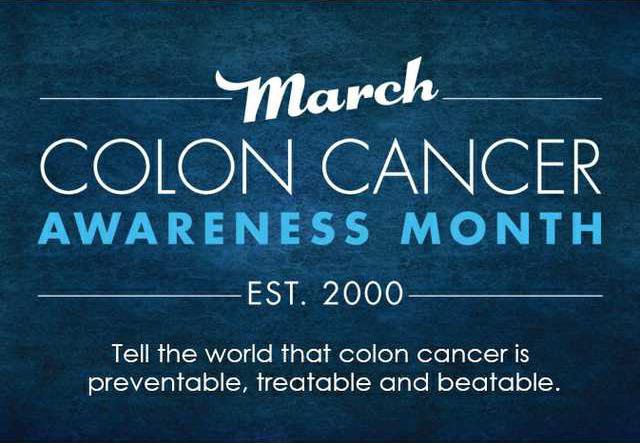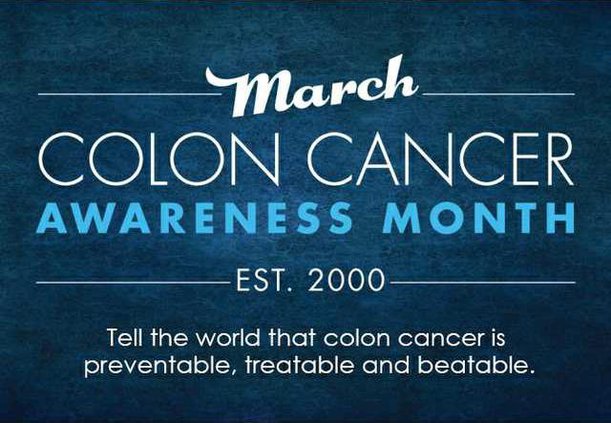Ana Refinetti, M.D., knows that many people are aware that a screening for colon cancer is important.
But she also realizes it doesn’t hurt to offer a reminder. After all, a colonoscopy can detect a problem and remove it before it turns into cancer.
Dr. Refinetti, general surgeon at St. Rose Ambulatory & Surgery Center, is taking advantage of National Colorectal Cancer Awareness Month to remind central Kansans about the importance of screenings. During March, St. Rose is sharing free information on the display table in the main lobby.
“A colonoscopy is the gold standard of screenings for colon cancer,” Dr. Refinetti said. “Even if you are just of average risk, with no family history or symptoms such as bleeding, you should consider a colonoscopy at age 50.”
The surgeon noted there has been a lot of discussion about “virtual colonoscopies” that are performed with a CAT scan.
“They may be acceptable in some cases but sometimes small lesions can be missed,” she said. “And even if a lesion is found, the patient needs to have a regular colonoscopy anyway.”
Dr. Refinetti is aware that some people may be apprehensive about the preparation and procedure. But the little bit of time and discomfort is worth it when compared to seeking treatment for colorectal cancer.
The prep involves taking laxatives the day before the procedure. Then, just prior to the procedure, the patient is sedated and an endoscope is inserted into the rectum. The scope sends images of the colon to a monitor for the doctor’s review.
“Once people learn the facts, their concerns are usually alleviated,” Dr. Refinetti said. “The prep may not be any fun but there is no pain associated with the procedure itself. And patients can go back to work the next day.”
She also pointed out that being overweight, smoking, alcohol use and inactivity increase a person’s risk of developing colon cancer.
“Inflammatory bowel disease and a family history are other risk factors,” she added. “Anyone with a family history of colon cancer, bowel disease or certain genetic mutations, may want to talk with their primary-care physicians about screening protocols. Maybe they should be tested even before the age of 50.”
Colon cancer is the third most common type of non-skin cancer, and the second leading cause of cancer-related deaths. This year, there will be 130,000 diagnoses of colon cancer and 50,000 deaths related to the disease.
St. Rose surgeon reminds community about colon screenings





